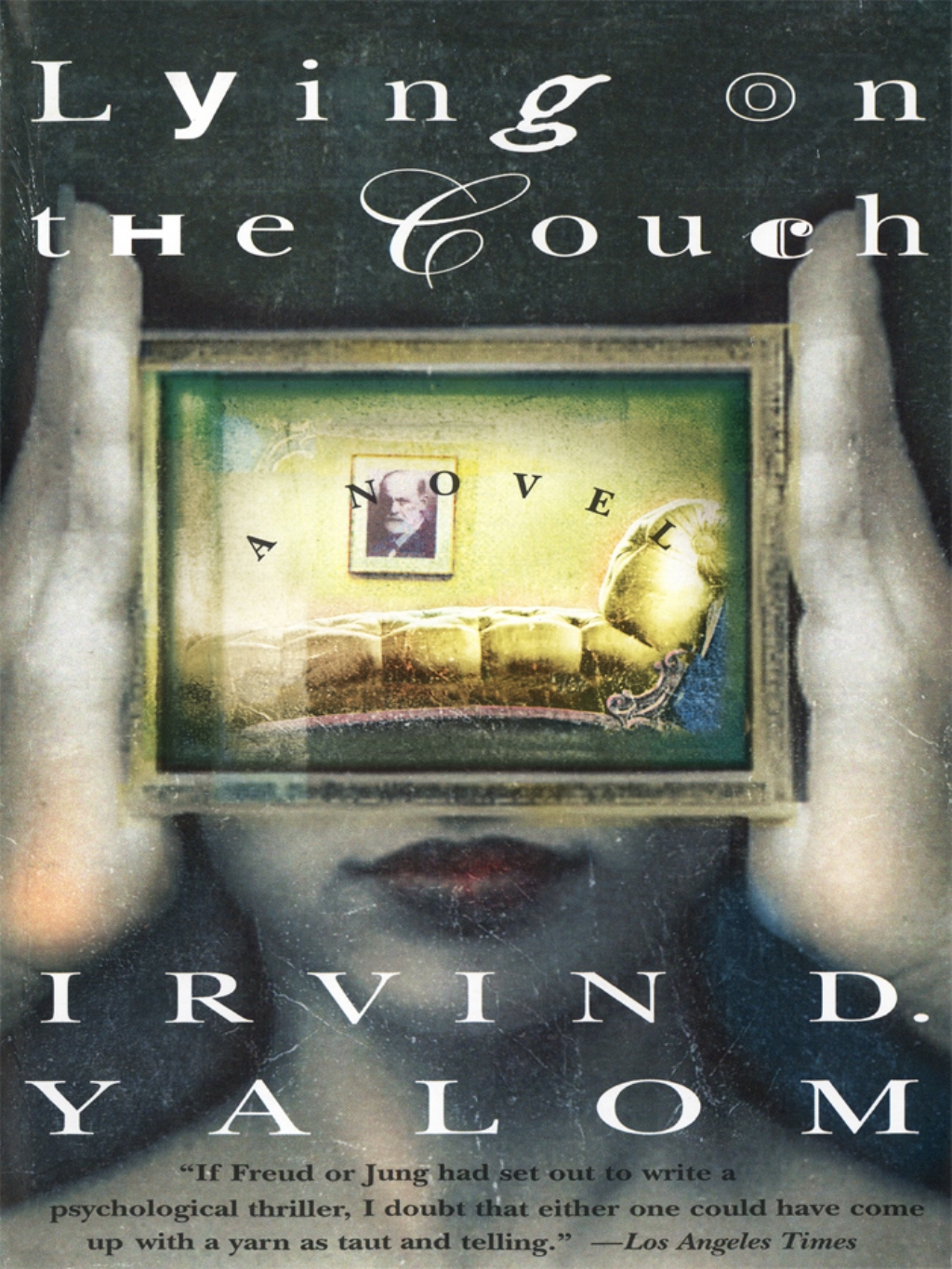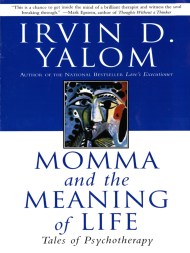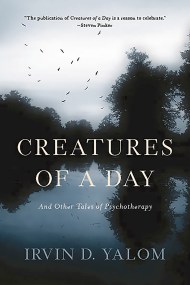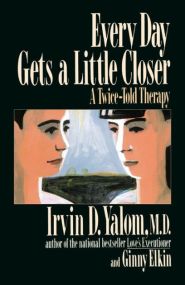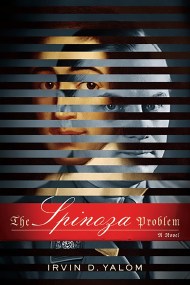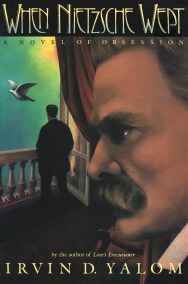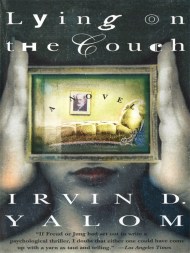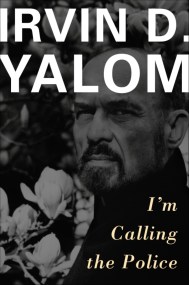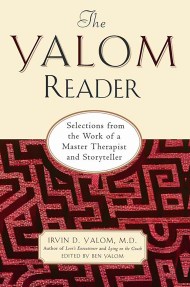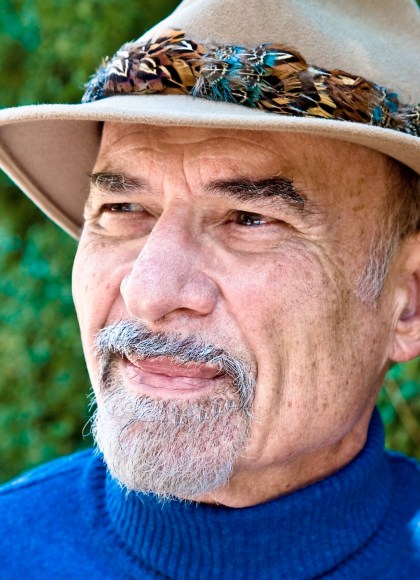By clicking “Accept,” you agree to the use of cookies and similar technologies on your device as set forth in our Cookie Policy and our Privacy Policy. Please note that certain cookies are essential for this website to function properly and do not require user consent to be deployed.
Lying On The Couch
A Novel
Contributors
Formats and Prices
- On Sale
- Mar 25, 2014
- Page Count
- 384 pages
- Publisher
- Basic Books
- ISBN-13
- 9780465062973
Price
$17.99Price
$22.99 CADFormat
Format:
ebook $17.99 $22.99 CADThis item is a preorder. Your payment method will be charged immediately, and the product is expected to ship on or around March 25, 2014. This date is subject to change due to shipping delays beyond our control.
Buy from Other Retailers:
From the bestselling author of Love’s Executioner and When Nietzsche Wept comes a provocative exploration of the unusual relationships three therapists form with their patients. Seymour is a therapist of the old school who blurs the boundary of sexual propriety with one of his clients. Marshal, who is haunted by his own obsessive-compulsive behaviors, is troubled by the role money plays in his dealings with his patients. Finally, there is Ernest Lash. Driven by his sincere desire to help and his faith in psychoanalysis, he invents a radically new approach to therapy — a totally open and honest relationship with a patient that threatens to have devastating results.
Exposing the many lies that are told on and off the psychoanalyst’s couch, Lying on the Couch gives readers a tantalizing, almost illicit, glimpse at what their therapists might really be thinking during their sessions. Fascinating, engrossing and relentlessly intelligent, it ultimately moves readers with a denouement of surprising humanity and redemptive faith.
Exposing the many lies that are told on and off the psychoanalyst’s couch, Lying on the Couch gives readers a tantalizing, almost illicit, glimpse at what their therapists might really be thinking during their sessions. Fascinating, engrossing and relentlessly intelligent, it ultimately moves readers with a denouement of surprising humanity and redemptive faith.
Newsletter Signup
By clicking ‘Sign Up,’ I acknowledge that I have read and agree to Hachette Book Group’s Privacy Policy and Terms of Use

